Dr. Ahneez Abdul Hameed is a Malaysian medical doctor specialising in clinical microbiology.
She's also my friend and classmates' daughter from back home in Malaysia. I met her as a child when her mother, Begum came to the UK to do her postgraduate studies.
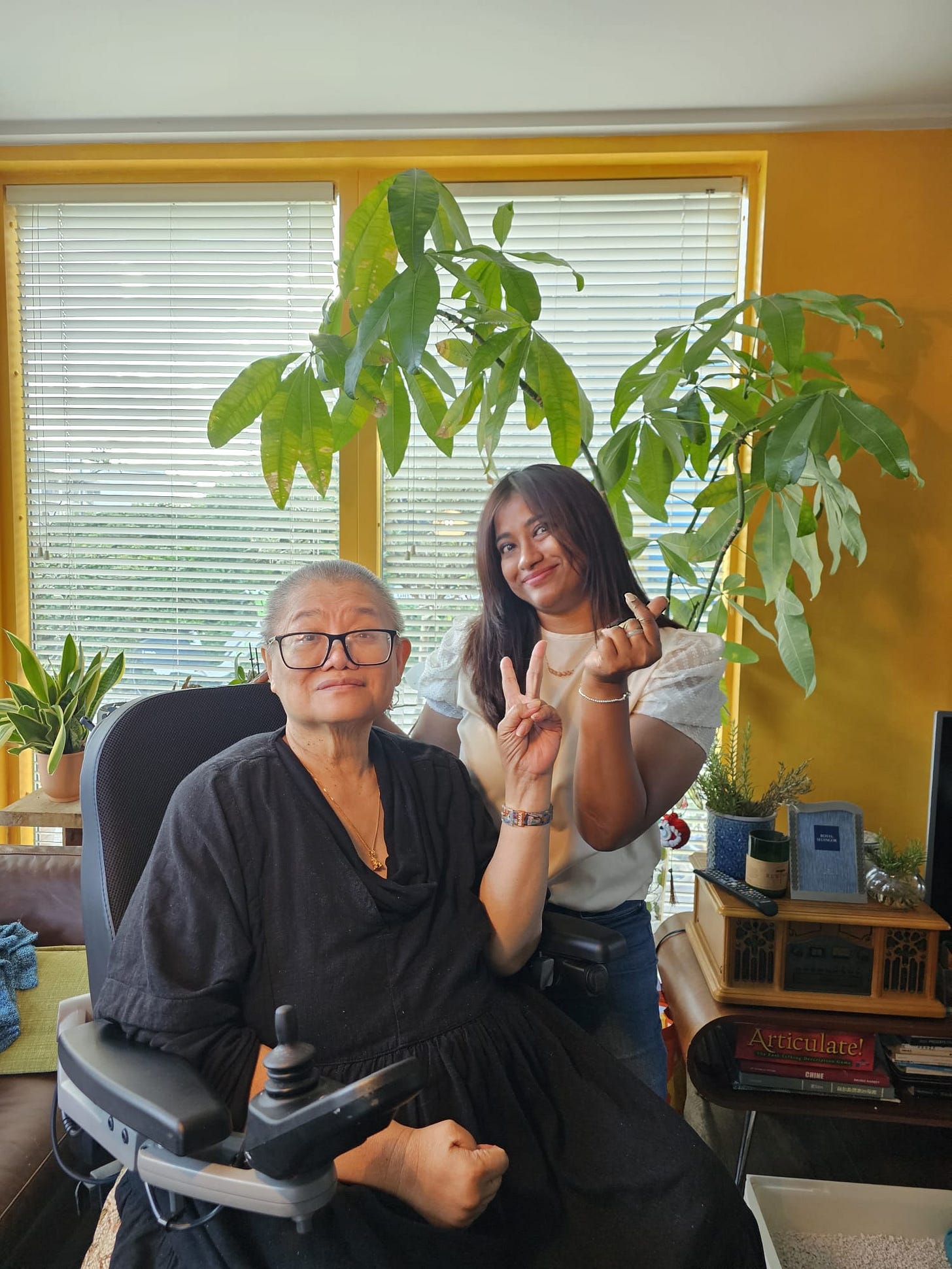
We caught up recently when Ahneez came here to do some exchange work. I asked her to make some time to do a podcast with me, and she graciously agreed.
By day, Ahneez is unraveling the mysteries of microbes, and by evening—or on her days outside the hospital—she is a cafe-hopping, globe-trotting foodie with a love for pretty skies, lush gardens, vibrant flowers, Michael Jackson’s timeless beats, the magic of musicals, and the purr-fect company of cats.
It was wonderful to hear about her professional life in Malaysia as a medical doctor since I had no idea of the work she does there.
In 2022 I did an interview for the Royal Society of Arts about the social model of disability. Here's an excerpt.

Social model of disability: five decades on:
I was not in the UK half a century ago. I was born and bred in Malaysia, so I did not learn about the social model until I came back to the UK in the early 2000s.
What changed for me is the realisation that I can demand reasonable adjustments and access was not my individual responsibility. I became part of Disabled People Against Cuts (DPAC) and protested disability and benefit cuts and demanded disabled people’s rights and independent living. It started me and others on the route to what is now disability justice.
The social model has also included an international understanding of intersectionality. We are not isolated in what oppresses us, be it discrimination and oppression due to being disabled, poor, working class, lack of status, citizenship, qualifications, age, ethnicity, gender, or sexual orientation. We can have mixed identities. In our fight for human rights for disabled people, we cannot ignore those compounded oppressions are also in structural inequalities. What about rights for refugees or BIPOC (black, indigenous and other people of colour)– many of whom are also disabled? Or women?
Sisters of Frida was formed with the understanding that disabled women’s struggles were not included in mainstream disability discussions. But we also pick up voices from the disabled community with an intersectional perspective.
It is good that the disabled community seems to be also picking up on this need to include different identities against dis/ableism.
Stay connected with my social media and work here.

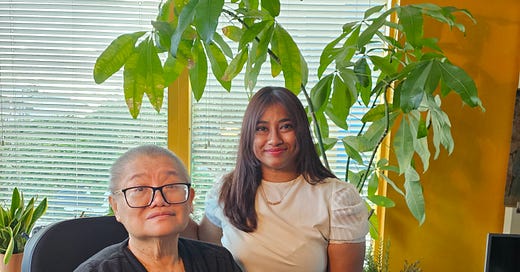



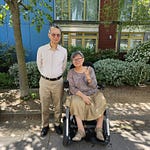

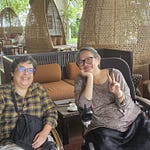
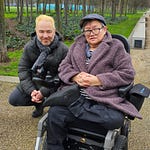
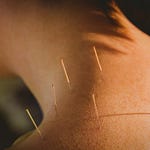
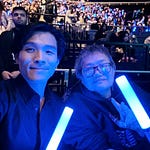

Share this post